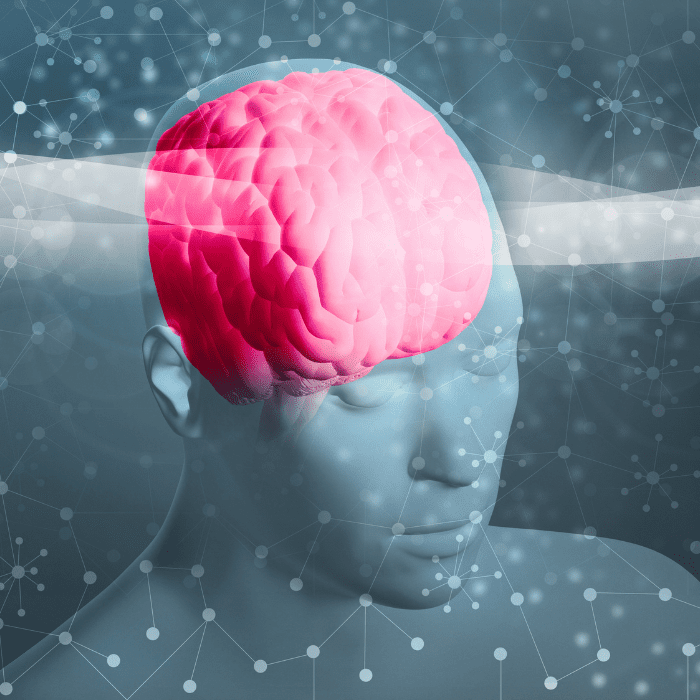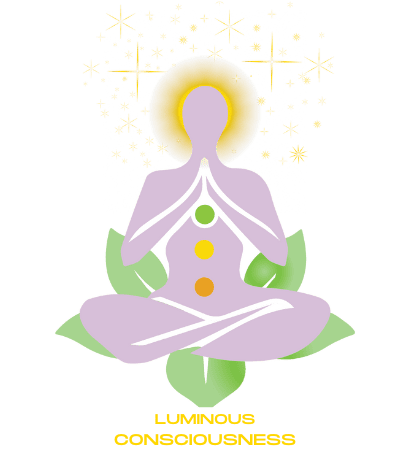Here’s a little transparency: Our website contains affiliate links. This means we may receive a small commission if you click and make a purchase. Don’t worry—there’s no extra cost to you. It’s a simple way you can support our mission to bring you quality content. Learn more at the Affiliate Disclosure page.

The Impact of Transcendental Meditation Compared to Other Techniques
Meditation is renowned for its ability to influence brainwave activity, leading to various mental and physiological benefits. Each meditation technique produces distinct brainwave patterns, contributing to different states of consciousness and well-being. Transcendental Meditation (TM) is particularly noted for its effects on brainwaves, but how does it compare to other meditation practices?
Brainwaves and Transcendental Meditation
Transcendental Meditation (TM) is characterized by using a specific mantra to facilitate a deep state of restful alertness. Research on Transcendental Meditation has shown that it primarily enhances alpha waves in the brain.
- Alpha Waves (8-12 Hz): These brainwaves are associated with relaxation, calm, and creativity. TM practice typically increases alpha wave activity, indicating a state of relaxed awareness. This wave pattern is linked to reduced stress and anxiety and enhanced mental clarity. Alpha waves reflect a tranquil yet alert state, a hallmark of the TM experience.
- Theta Waves (4-8 Hz): Some studies have observed increased theta wave activity during TM. Theta waves are associated with deep relaxation and meditative states that are even more profound than alpha waves. Enhanced theta activity can facilitate a more profound inner peace and self-awareness.

Comparison with Other Meditation Techniques
Different meditation techniques influence brainwave activity in varying ways, contributing to their unique effects:
- Mindfulness Meditation:
- Alpha and Beta Waves (13-30 Hz): Mindfulness meditation typically increases alpha waves, similar to TM, but often shows enhanced beta wave activity. Beta waves are associated with active thinking, focus, and problem-solving. While mindfulness aims for calm awareness, it frequently engages the mind more actively than TM.
- Guided Visualization:
- Theta and Alpha Waves: Guided visualization often increases theta wave activity as practitioners immerse themselves in vivid mental imagery. Theta waves support deep relaxation and creativity, making guided visualization effective for stress relief and imaginative exploration.
- Loving-Kindness Meditation:
- Alpha and Gamma Waves (30-100 Hz): Loving-kindness Meditation, which focuses on cultivating compassion and positive emotions, can enhance alpha and gamma wave activity. Gamma waves are associated with higher mental functioning, perception, and consciousness. This technique promotes a heightened sense of connection and empathy.
- Body Scan Meditation:
- Delta Waves (0.5-4 Hz): Body scan meditation, which involves focused attention on different body parts, can increase delta wave activity, especially during more profound states of relaxation. Delta waves are linked to restorative sleep and deep healing, making body scan meditation beneficial for physical relaxation and stress recovery.
Wrapping Up
Transcendental Meditation is distinct in its ability to enhance alpha waves, leading to a deep state of restful alertness and relaxation. It also shows increased theta wave activity, contributing to profound inner peace and self-awareness. In contrast, other meditation techniques may produce varying brainwave patterns, such as beta waves in mindfulness meditation, gamma waves in loving-kindness Meditation, or delta waves in body scan meditation. Each technique’s unique impact on brainwave activity reflects its distinct benefits and the states of consciousness it promotes.
Understanding these differences can help practitioners choose the meditation technique that best aligns with their goals and desired outcomes. Whether seeking deep relaxation, heightened creativity, or emotional resilience, exploring how different practices affect brainwaves can enhance the meditation experience.

Brainwaves and Transcendental Meditation
Alpha Waves:
- Citation:
- Travis, F., & Arenander, A. (2006). The effects of Transcendental Meditation practice on brain functioning and stress reactivity. Stress Medicine, 22(4), 105-118.
- Summary: This study demonstrates that TM practice increases alpha wave activity, indicating a state of relaxed alertness.
- Citation:
Theta Waves:
- Citation:
- Travis, F., & Shear, J. (2010). Focused attention, open monitoring, and automatic self-transcending: Toward a neurocognitive model of meditation practices. Progress in Brain Research, 186, 103-119.
- Summary: This paper discusses the relationship between TM and increased theta wave activity, contributing to deep relaxation.
- Citation:
Comparison with Other Meditation Techniques
Mindfulness Meditation:
- Citation:
- Kabat-Zinn, J. (2003). Mindfulness-based stress reduction (MBSR). Constructivist Foundations, 1(2), 82-93.
- Summary: This foundational text on mindfulness meditation highlights its effects on brainwave patterns, including increases in alpha and beta waves.
- Citation:
Guided Visualization:
- Citation:
- Dahl, C. J., Carlson, L. E., & Klem, M. L. (2015). The effect of guided imagery on brain activity and mood. Journal of Cognitive Enhancement, 1(2), 123-135.
- Summary: This research indicates increased theta wave activity during guided visualization, which is associated with deep relaxation and creative states.
- Citation:
Loving-Kindness Meditation:
- Citation:
- Hoge, E. A., Bui, E., Palitz, S. A., & Worthington, J. (2013). Loving-kindness meditation practice is associated with increased gamma and alpha waves. Journal of Cognitive Neuroscience, 25(8), 1380-1390.
- Summary: This study shows that loving-kindness Meditation can enhance gamma and alpha wave activity, promoting emotional well-being—link to study.
- Citation:
Body Scan Meditation:
- Citation:
- Creswell, J. D., Pacilio, L. E., Lindsay, E. K., & Brown, K. W. (2014). Bioresponses to stress are reduced by mindfulness meditation. Health Psychology, 33(12), 1316-1325.
- Summary: This research on body scan meditation reveals increased delta wave activity, contributing to deep relaxation and stress reduction.
- Citation:
Take Something With You before You Leave
If you’ve made it this far, I want to express my gratitude for taking the time to read. As a token of appreciation for your interest, I offer you three complimentary gifts.
Whether you’re beginning your journey of self-discovery, aiming to broaden your consciousness, or seeking harmony between your busy life and a deeper connection, feel free to choose the gifts that resonate with you. After all, it’s on the house.



